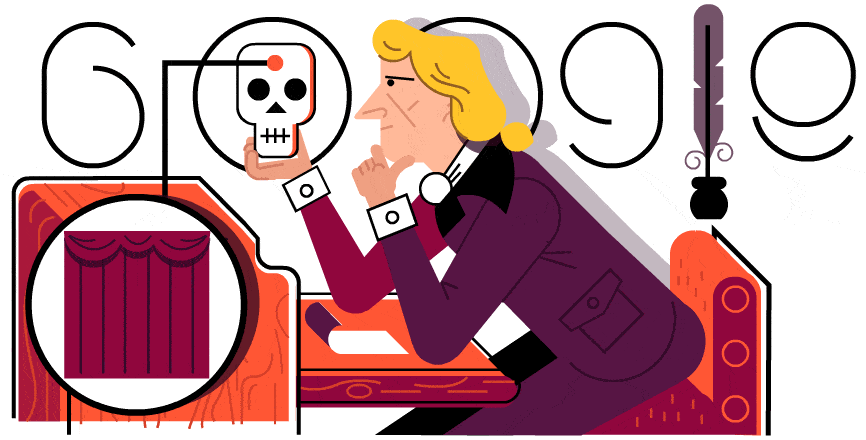Friedrich von Schiller (10 November 1759 – 9 May 1805) was a celebrated German poet, playwright, philosopher, and historian whose works continue to resonate with readers and audiences worldwide. He is renowned for his contributions to German literature, his passionate advocacy for freedom, and his enduring impact on the cultural and intellectual landscape of his time.
Life & Career
Friedrich Schiller was born on November 10, 1759, in Marbach am Neckar, Germany. His early life was marked by a deep love for literature and the humanities. He attended the Karlsschule Stuttgart, where he studied medicine, but his true passion lay in writing and the arts.
Schiller’s career was characterized by his prolific output of literary works. He penned numerous plays, poems, and essays that explored themes of liberty, justice, and the human spirit. One of his most famous plays, “William Tell,” is a powerful portrayal of the Swiss struggle for independence and the fight against tyranny.
Throughout his life, Schiller continued to write thought-provoking essays on topics such as aesthetics and philosophy. His work in these areas influenced the development of German Romanticism and the broader intellectual discourse of the time.
Legacy and Awards
Friedrich Schiller’s legacy in the world of literature is profound. He is often regarded as one of the greatest German playwrights and poets. His dramatic works, including “Don Carlos,” “Mary Stuart,” and “The Maid of Orleans,” have become classics of world literature and are still performed on stages globally.
Schiller’s dedication to the principles of freedom and human dignity earned him a prominent place in the history of ideas. His writings, including “On the Aesthetic Education of Man” and “Letters on the Aesthetic Education of Man,” continue to be studied for their insights into the nature of art and its role in society.
In recognition of his literary contributions, Schiller was inducted into the Weimar Princely Free and Specially Endowed Court and State Theater in Weimar, where he worked as a playwright and theater director.
Schiller’s impact on the world of literature and philosophy extends far beyond his own time. His advocacy for freedom and human rights influenced political movements and revolutions, including the German Revolution of 1848. His ideas on aesthetics and the sublime continue to shape discussions on art and culture.
Awards may not be widely documented in Schiller’s case, but his recognition as a literary giant and a champion of human freedom endures. He remains an icon of German culture, and his works are celebrated for their enduring relevance.
Friedrich von Schiller was a literary genius whose words continue to inspire and resonate with readers and thinkers across the world. His dedication to the principles of freedom, his exploration of human nature, and his timeless literary creations make him a luminary figure in the annals of German and world literature.
On 10 November 2019, a Google Doodle was created to celebrate Friedrich von Schiller’s 260th Birthday.

